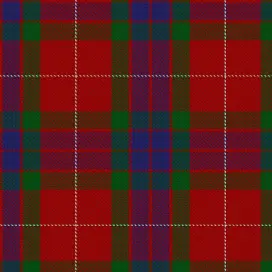The estimate from the British National Archives came back fairly quick. It seems the ‘pouch’ is only two pages, so that’s not much. However, their charge to make a copy is £3.50 per page, and to have them mail it via airmail (the cheapest option) is another £11 (I have no idea why sending the equivalent of a two-page letter should cost so much). I’ve asked for a revised estimate to have it made available for digital download instead, but I know what that will end up being: no charge for the download, but the same per-page copying charge.
By contrast, the New Zealand Defence Force Archives sent me a file by parcel post with dozens of pages — for no charge at all.
That’s not to say that all the New Zealand archive sources are free. The Births, Deaths, and Marriages office of the Department of Internal Affairs charges NZ$20 per registry copy, and NZ$26 for a certificate (but they don’t charge for postage, regardless of the destination). I don’t know yet if the records from the Wellington City Archives will have a charge; they’ll let me know when they locate the record (I think I’m in a queue for that service).
ScotlandsPeople, a government office/website geared at Scottish genealogical information, has a different system. There you purchase ‘credits’ for £7 per batch of 30. Then it costs 1 credit to view a page of search results (this feels silly to me), and 5 credits to view and download an ‘image’ (which is essentially the document of interest). It makes no difference how many pages comprise the document, however. I thought this was going to be expensive, until I encountered the National Archives fee structure. Now ScotlandsPeople feels positively cheap.
This is in contrast to online services like Ancestry.com, which uses a flat monthly or annual membership fee. Once the flat fee is paid, you have unlimited access to whatever they have until your membership expires. It might seem expensive up front, at least for a ‘worldwide’ account, but pretty quickly one realizes what a great value it is.
On the other hand, FamilySearch.org is free. They don’t have quite as much data as Ancestry, and the interface is not quite as nice, but they have different data, some of which is not available on Ancestry. They’re especially good for UK census data. Really, it seems that one needs to consult both.
Oh, and did I mention about the Yatman family history book? My uncle confirmed that it was indeed the book he had referenced, and what’s more he had a spare copy to send me. That’s $325 saved right there. Thank you, Brian!
Of course, I’m not yet at the phase of travelling overseas for in-person research.

